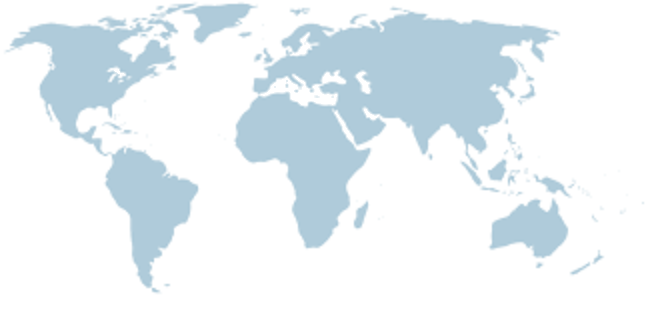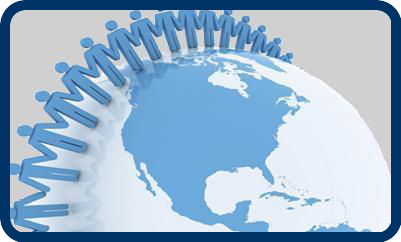
Predictions of the future often tell us that we will soon have robot housekeepers, cars that drive themselves, and holidays in space. While these may be still some time away, it is already possible today to imagine a future where we no longer think of going to a physical location (the courts) to resolve our disputes. The ongoing revolution in communications technology and artificial intelligence systems allow us via e-Court to dispose most of our problems with a click of a mouse button.
First, e-Court is a natural extension of the digital revolution, as more of our lives are led online. The result is that people increasingly expect that more of what they do in the physical world should be available online as well, including the resolution of their disputes.
Besides, conventional dispute resolution systems are simply unable to cope with the cross-jurisdictional complexities of cross-border, online disputes. Instead, e-Court works the way the Internet does: it avoids thorny issues of jurisdiction, allows redress to be built directly into contracts, and allows dispute resolution through the use of software.
Second, consumers demands for dispute resolution are changing, with a focus on speed, rather than success. Surprisingly, research has shown that parties in online disputes seem to be more willing to accept an adverse result received faster, rather than have to wait longer for a result (even if the outcome is eventually in their favour). This is especially so in disputes involving minor online commercial transactions (such as online shopping). It turns out that in the commercial world, knowing a result faster may be more valuable than an actual award (obtained after some delay), because earlier certainty enables faster alternative planning.
Third, the increasing digitisation of society presents an immense opportunity to provide justice to the masses. As observed by Richard Susskind, it seemed to be the case (up to at least a few years ago) that access to justice was only available to people rich enough to pay for it. With ODR processes being fast, fair, and free (or cheap), ODR may vastly improve the ability of justice systems to provide universal access to justice.
( e-Court is an official business partner of Cisco Global Technologies )
Select You-Tube "Web Conferencing" Videos
from around the world


CONFERENCE ROOM

What we do
|

What sets us apart
|

How ?
|
| Video
|

WorldWide
|

Off Line
|

Contact Info
|
FAQ
|

Registration
|

Copyright
|

Security
|

Privacy
|
Advertising space available - Great rates just C$500 per year/per listing (with up to 3 lines)- Just C$750 per year/per listing when combined with listing in e-Court.ca - Only relevant ads - No same region listing - No click fraud, this happens when your competitors click on your advertisements hence eating up your budget - No poor keyword research, you determine your text.
e-Court partners with Cisco Global Technologies and employs
its own "secure virtual" conference rooms. ( click below image )
e-Court/PeaceKeeper is a division of e-Court Legal Services International Inc., the world's largest non-governmental online Conflict Resolution Network
Since 1995 on Internet

